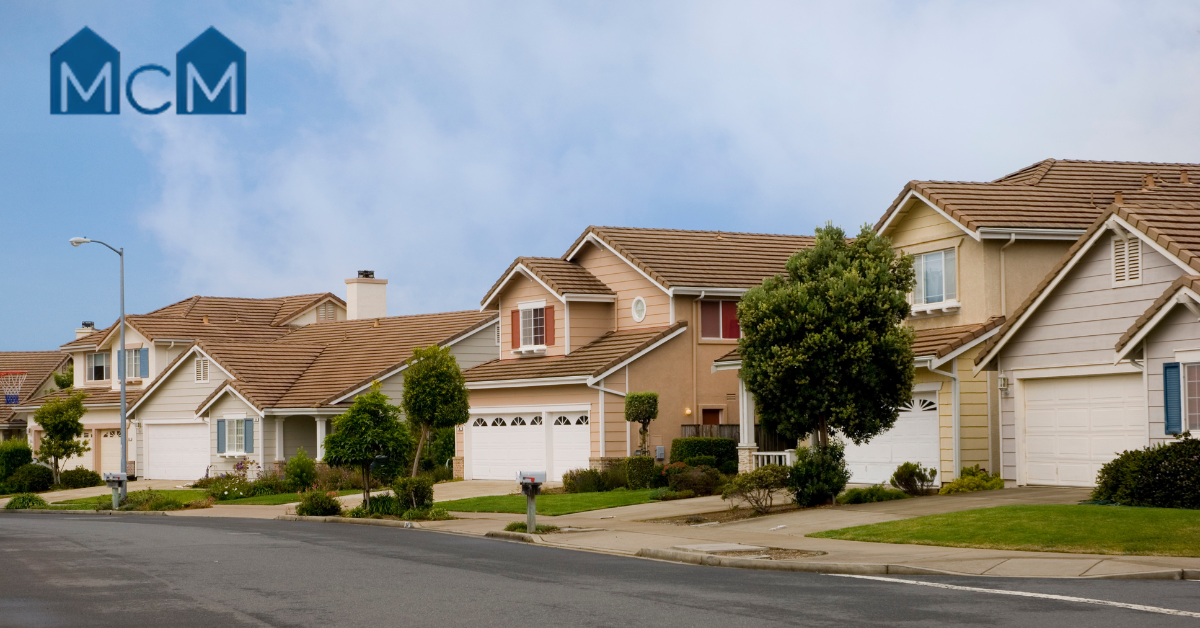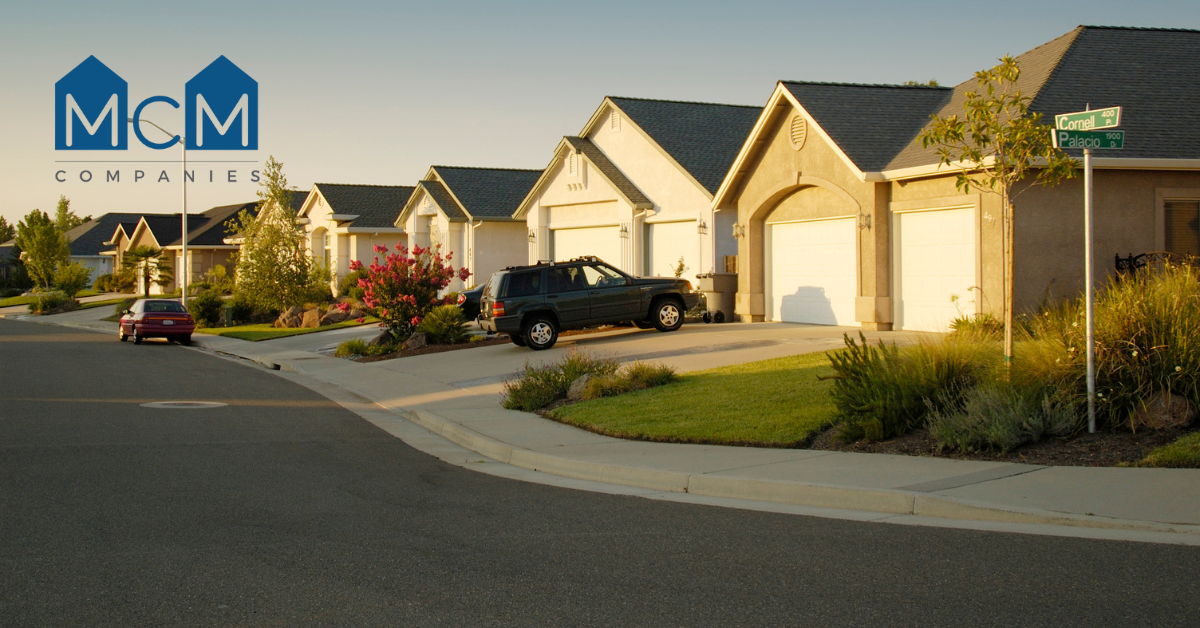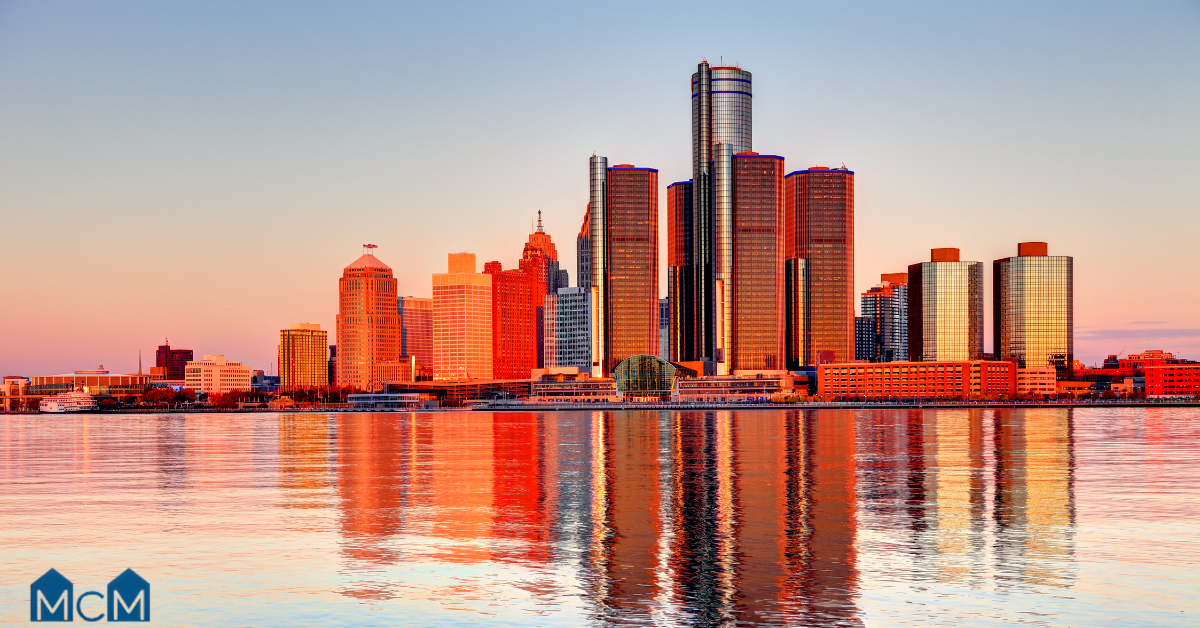Understanding Manufactured Home Costs: What You Need to Know


When it comes to stretching your dollars in the housing market, manufactured homes often surface as a knight in shining armor. Affordable? Absolutely. But before you ride off into the sunset with your budget-friendly abode, it’s worthwhile to talk about manufactured home costs to bear in mind if you want to keep your new home within budget.
Today, we’ll unwrap the layers of expenses that you’ll need to consider before jumping into your future home.
Initial Purchase Price vs. Total Cost
The allure of the initial price tag on a manufactured home often paints a picture of financial ease and budget-friendly living. It's an attractive prospect: getting a slice of the American dream without the traditionally hefty mortgage. This is where savvy buyers will pause and look a little deeper, for the true cost of homeownership doesn't end with the last digit on that sticker.
For starters, transporting a manufactured home is an orchestration of logistics, requiring specialized equipment and expertise. The cost of moving your home is influenced by a plethora of factors. Distance is a primary one; the further your home needs to travel, the heftier the fee. The size of your home matters, too – a double-wide will cost more to deliver than a single because of the extra complexity of transporting and piecing it together.
Likewise, once it arrives, setting up your new manufactured home is more than a simple plug-and-play operation. Installation is a critical phase where professionals work to ensure your home is not only delivered but also properly set up and anchored. This involves laying down foundations, whether a full basement, a crawl space, or a slab, and securing the home to withstand the rigors of weather and time.
Sales Tax and Dealer Fees
Sales tax changes depending on which state you're in, but for most buyers, this cost is an unavoidable part of any large transaction. Dealer fees are also important to remember, which are there to cover a spectrum of administration and logistical services, from the essential (like title registration) to the convenient (prepping your home for move-in).
These fees might seem like the final drip in a long pour of expenses, but they're critical to ensuring that everything is above board and your investment is protected. If you’re still unusure about the dealer fees, asking for an itemized list can help you understand where your money is going. This knowldege can help you budget properly and give you a clear map of where your funds are going.
Preparing the Land for Your Home
Your home needs a place to call its own, and that land won't prep itself. Whether it's a slice of family land or a new purchase, costs will crop up. Depending on where your new home will be located, you might need to take care of expenses like clearing and leveling the land, setting up a foundation, and connecting utilities.
Similarly, if you're buying land, you're not just buying dirt. There's a whole buffet of costs, from closing fees to the loan origination. And speaking of loans, manufactured homes can sometimes be tricky to finance, with land loans often carrying higher interest rates than traditional mortgages.
Ongoing Maintenance and Upkeep
The story of homeownership is one of endless chapters, and updates and maintenance are easy to forget, especially for first-time homeowners. For example, skirting isn't just a fashion statement for your home; it's a shield against the elements and critters. Likewise, weatherproofing is the cape your home wears to fend off Mother Nature's mood swings.
Time is undefeated when it comes to wear and tear. That wear can tear into your wallet, too, if you're not proactive about maintenance. The golden rule? A stitch in time saves nine – or in homeowner terms, being proactive with inspections and fixes can save emergency calls to the contractor later.
Insurance and Warranty Considerations
There's no crystal ball in homeownership, so it’s important to be prepared for anything that might happen. New manufactured homes generally come with warranties that cover what might break or malfunction. But read the fine print; not all promises are created equal, and some costs might still fall on your shoulders.
Your manufactured home isn't just a structure; it's a sanctuary. Insurance is your fortress of financial safety, but it's not one-size-fits-all. Shop around, compare policies, and make sure you're covered for the unique aspects of manufactured home living. While a robust insurance policy may seem like a hefty expense, it can save you from footing major costs down the road, making insurance a wise investment.
Resale Value and Depreciation
Another important factor to discuss in any conversation about manufactured home costs is depreciation. While many people think of this as a weak point for manufactured homes, it may not be as scary as you’ve been led to believe.
Whether you have a single, double, or triple-wide manufactured home, factors like the community you’re located in all play a role in your home’s resale value. The condition of your home is also a huge game-changer. Investigate selling points that can help you boost the perceived value of your manufactured home, from easy remodeling projects to attractive local amenities. Knowledge is power – the more you know, the better you can navigate the resale rapids.
Find Your Next Home with MCM Communities
Peeling back the curtain on the total costs of manufactured homes might make your heart race at first, but remember – when you’re armed with the right knowledge, a manufactured home is an outstanding balance of affordability, ease, and environmental friendliness. It's all about going in with your eyes wide open and your calculator at the ready.
Manufactured homes still wear the affordability crown in the housing kingdom, and having a comprehensive understanding of what you’re getting into will help you make the best possible decision for your future. So let's be smart, savvy, and prepared to make the most of our homes without letting hidden costs play hide and seek with our finances.
Fortunately, you don’t have to embark on this journey alone. MCM Communities is here to help you line up your ducks, give you real talk on manufactured home costs, and help you find your next abode.
Ready to turn your manufactured home dreams into reality? Speak to one of our team members today!
.svg)





